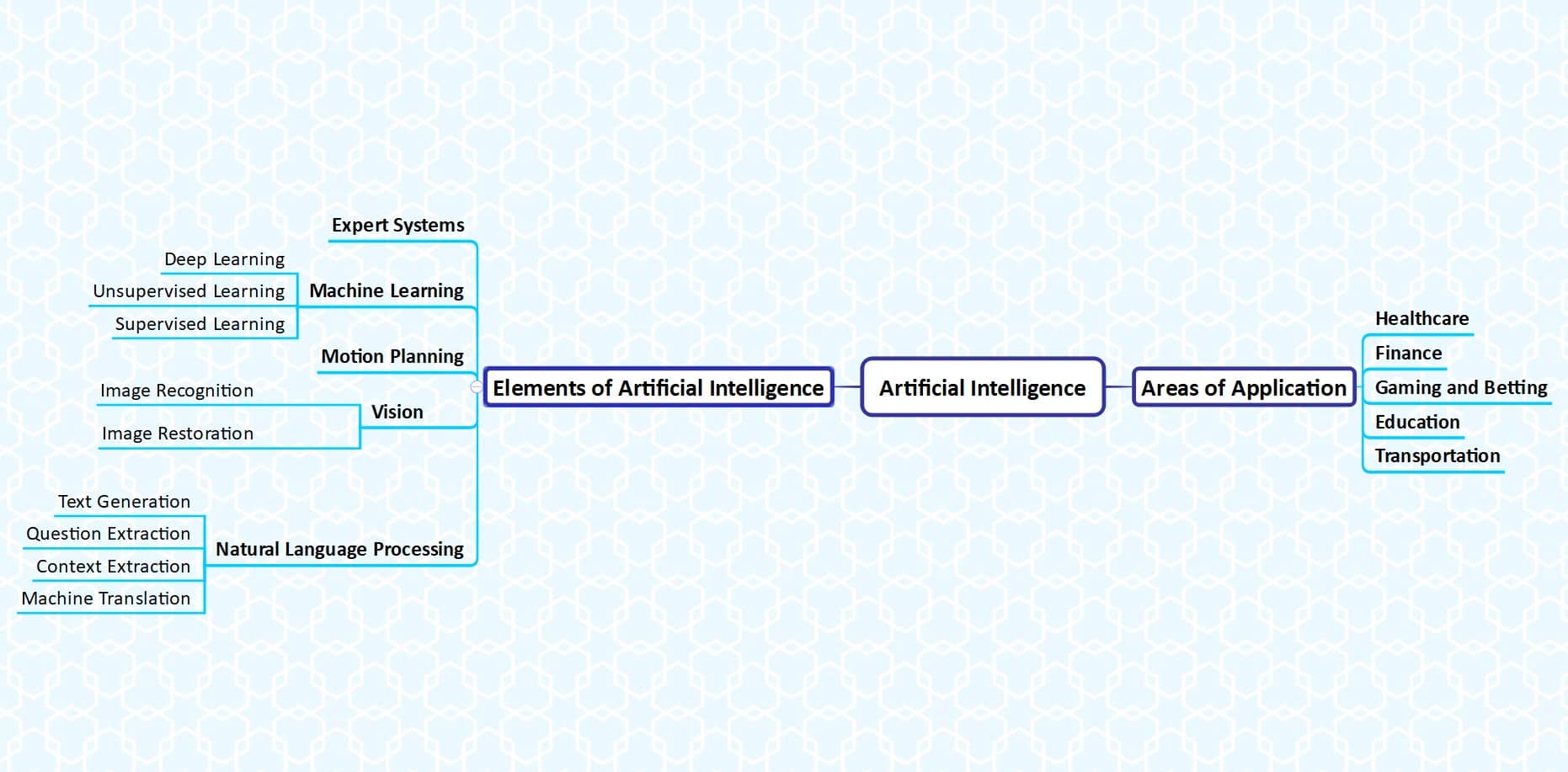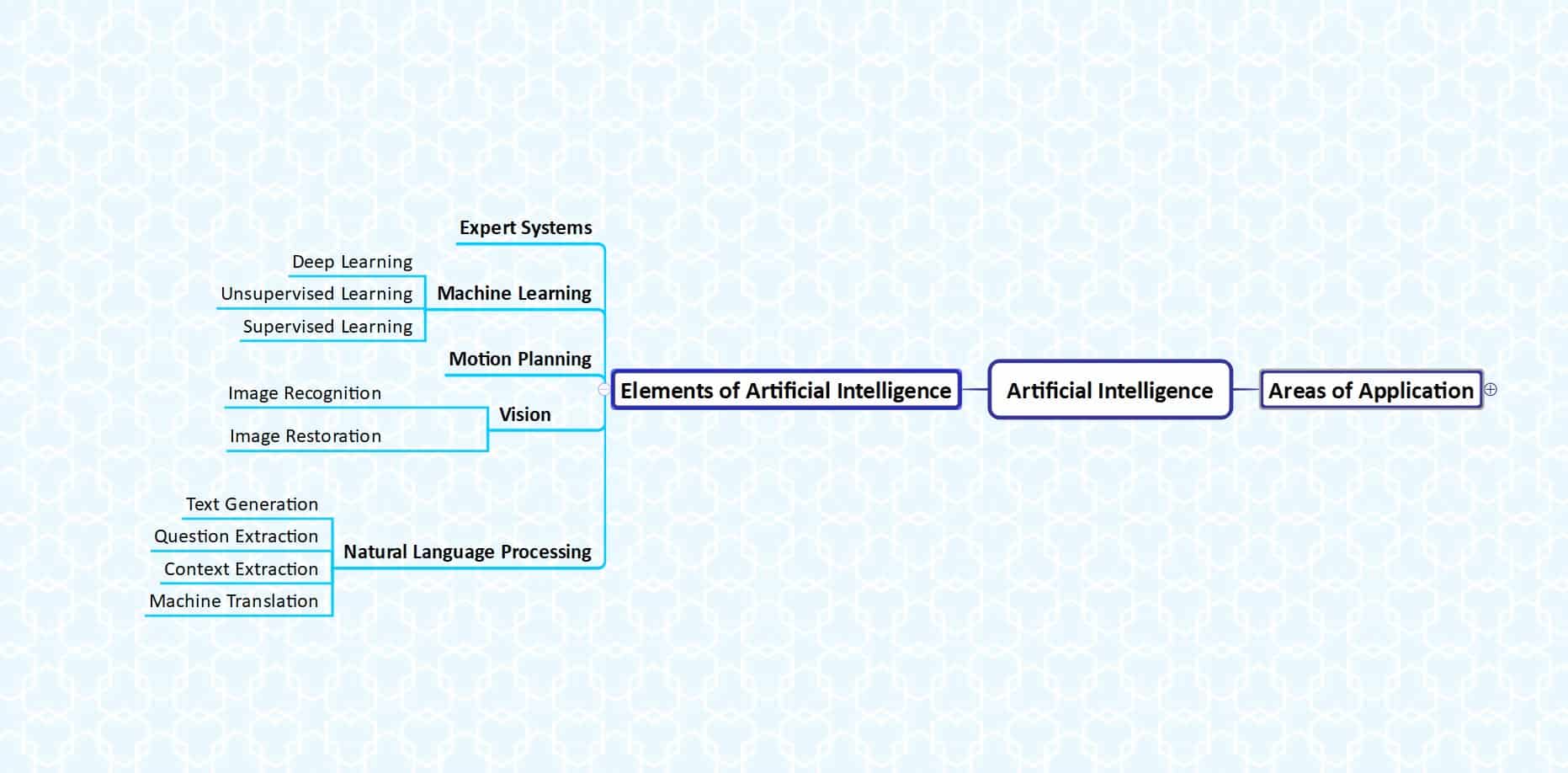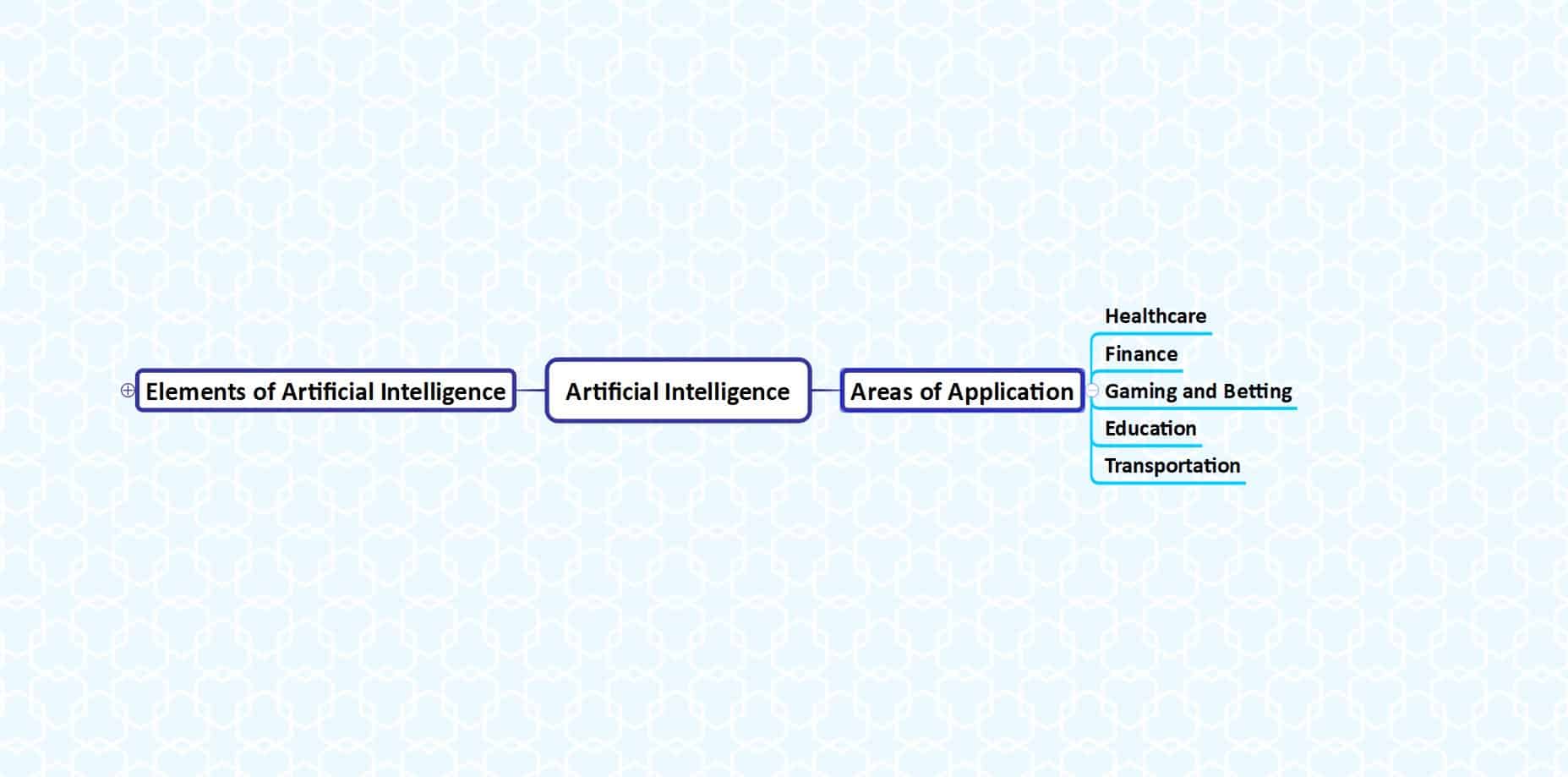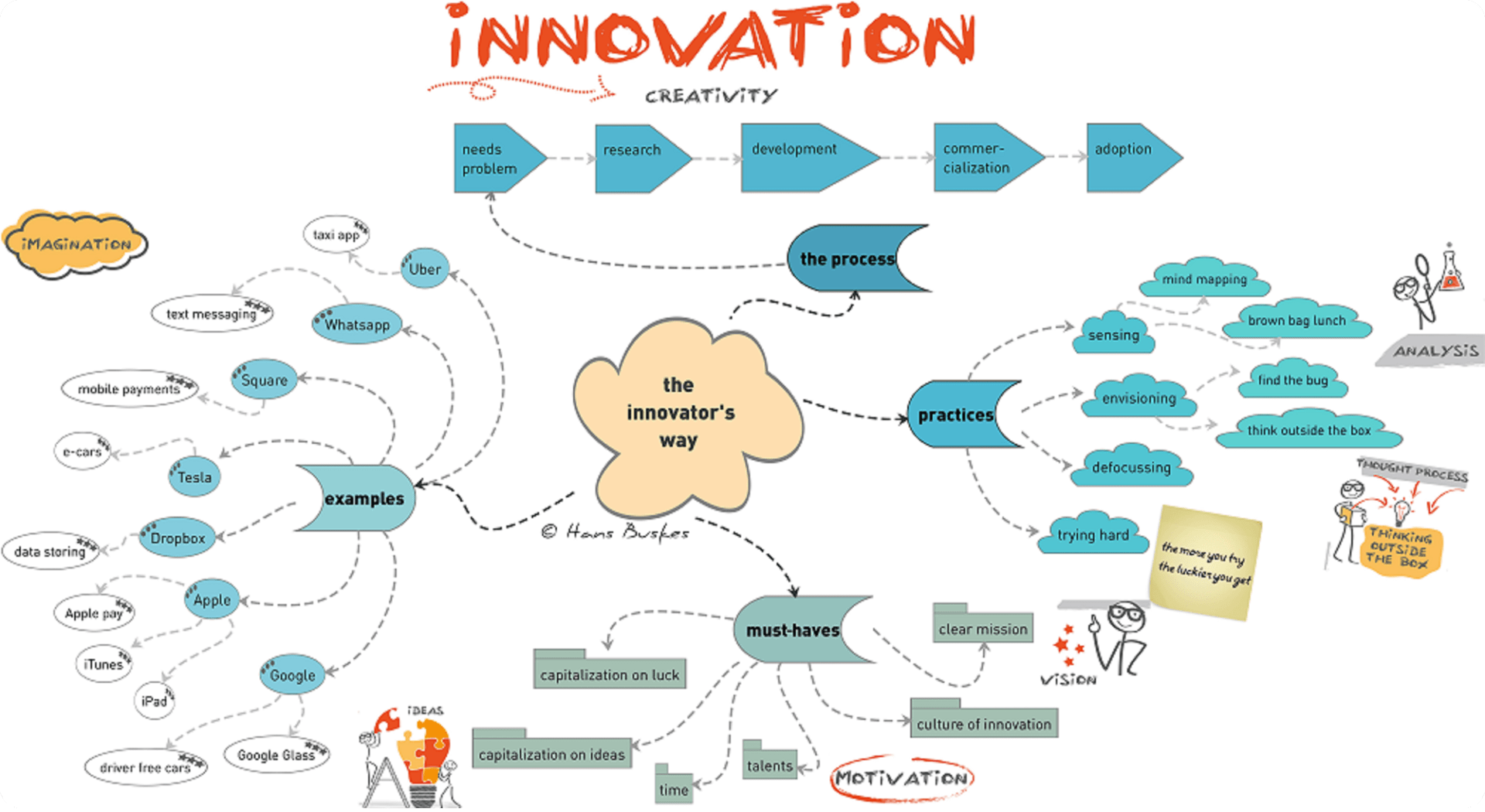When thinking about artificial intelligence many people instantly envision robots. But the concept of AI is more complex than this as it covers much more than just artificial machines. It is a term that is composed of two words: artificial and intelligence.
Firstly, a little more in-depth about these two words. Artificial is used to describe something that is opposed to natural, i.e. unnatural. Intelligence is a more complex term that encompasses several different and specific cognitive tasks, such as learning, reasoning, problem-solving, perception, and language understanding.
In fact, humans are intelligent creatures that are adopted with the ability to discover, perceive, understand and learn the environment around them and to act based on what they have experienced.
In regards to Artificial Intelligence, the most common definition is the following “Artificial Intelligence (AI) is an intelligence expressed by machines which is the opposite of the intelligence expressed by humans”. In this context, we can emphasize that Artificial Intelligence is mainly performed by specially designed specific machines and computers that are able to learn from experience, imitate human behavior, and execute human tasks.
Understanding the essential elements of AI with a mind map
Now that we finished analyzing the terms, we can dive into the key elements of AI which are crucial for understanding the essence of the concept. Artificial Intelligence consists of different elements that can be applied in several fields and sub-fields. It is important to emphasize that the main fields are based on the main human functions, such as thinking, moving, learning, communicating, and seeing.
Today, the essential elements of AI today can be applied to seemingly everything you can think of. However, for many people, the elements and their applications are confusing and difficult to comprehend, and therefore the whole concept of AI. If you are one of them, there is one way that can help you better understand AI and its application. The technique is mind mapping and involves visual representation of ideas and information which makes it easier to remember and memorize facts even in complex subjects.
Here is an example of a mind map with the essential elements of AI and the industries where Artificial Intelligence is applied. It could assist you in getting a clearer picture of the concept and what it covers.
Expert Systems (Think)
Motion Planning (Move)
Machine Learning (Learn)
– Deep learning
– Unsupervised learning
– Supervised learning
Natural Language Processing (Communicate)
– Text generation
– Question extraction
– Context extraction
– Machine translation
Computer Vision (See)
– Image recognition
– Image restoration
Where Artificial Intelligence finds its use
The big influence of AI in many sectors and industries is noticed more and more each day as it becomes almost natural for businesses to adopt AI technology in diverse forms if they want to experience significant progress. Thus, AI has already influenced different industries. To begin with the creation of advanced systems and self-driving cars to chatbots, AI is continually transforming how we live and how businesses operate.
Healthcare
The healthcare industry is one of the many industries where Artificial Intelligence can find its use. Building and maintaining successful progress in the healthcare sector largely depends on following the latest advances in technology. The new technological trends can have a significant positive impact on detecting numerous medical conditions and diseases, and it doesn’t apply only to this. The success of many clinical trials that could further help in diagnosing and treating the symptoms of conditions like asthma, Parkinson’s disease, and different heart conditions depend on the power of technology to a significant extent.
In fact, today we are seeing how AI can support gathering valuable data for researching and developing more innovative approaches to treating these conditions.
Finance
The financial sector has also seen the dominance of the power of Artificial Intelligence in many aspects. Many businesses within the financial sector that covers banks, investment funds, insurance, and real estate, with the help of AI, manage their operations more successfully. By developing and implementing diverse systems and algorithms based on AI, companies more easily and effectively manage, monitor, and control their businesses. Among many other things, AI in the industry of finance helps for managing payments and investments, approving loans, collecting financial data, forecasting changes in the stock market, assessing risks, and detecting fraudulent activities.
Gaming and betting
In challenging industries, as the gaming and betting industry, Artificial Intelligence plays a key role. Various aspects of the gaming and betting industries can benefit from systems or algorithms based on AI. Online betting and gaming companies are widely influenced by AI because their success is dependent on the latest advances in technology. In other words, for these companies to achieve substantial progress and stand out from the crowd they need to implement a system that would help them in learning players’ behavior, anticipating bettors’ needs and demands, and crafting custom offers for their specific needs and expectations.
Education
When it comes to the sector of education, schools and universities strive to provide the best services for their students and teachers. This asks for constant investing in acquiring high-quality educational materials and programs that would help in building an exceptional educational environment. It is expected that Artificial Intelligence in U.S. education only by 2021 will grow by 47.5%. Even though many experts hold teachers as indispensable in the classrooms, many educational institutions are starting to think about implementing AI technology in different ways. AI can help in bringing the best of the educational process as it is possible to be utilized for automated grading, providing support with the help of chatbots, as well as for providing a way to differentiated and individualized learning.
Transportation
It could be said that transportation is a mostly AI-dominated industry. From self-driving cars and trucks to metros, AI has been steadily revolutionizing the sector of transportation for a long time now. Artificial Intelligence can no longer be considered as a matter of the future in transportation as it has already penetrated many areas in this sector. In fact, by 2025 it is expected that Rolls-Royce launches self-navigating cargo ships. Transportation companies are on a serious mission to adopt advanced AI technological practices in order to predict malfunctions, reduce accidents and improve efficiency.
Finally, the concept of Artificial Intelligence, its essential elements, and their application across various areas and industries is part of our everyday life even more now and is crucial to understand how it affects the way we live and work.
About the author







